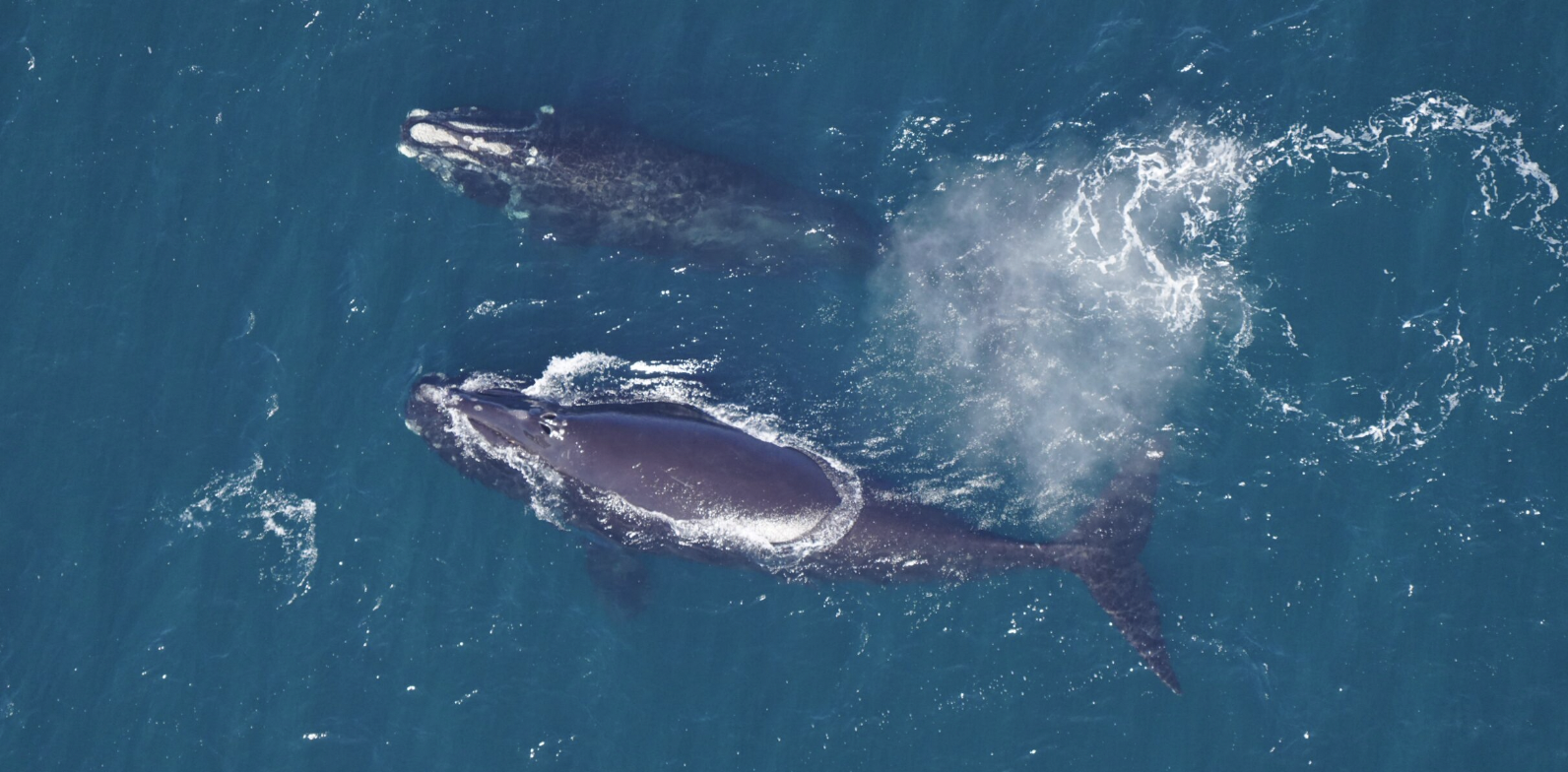
US politicians ask NOAA to suspend ‘flawed’ whale speed rule

Four US representatives have signed a letter requesting the National Oceanic and Atmospheric Administration (NOAA) to suspend further action on changes to the proposed North Atlantic right whale vessel speed rule.
The letter, signed by Mary Sattler Peltola (D-Alaska), Vicente Gonzalez (D-Texas), Henry Cuellar (D-Texas) and Brendan F. Boyle (D-Pa.), urges the administration to review the ‘significantly flawed’ vessel speed rule that was first published in July 2022.
NOAA Fisheries is proposing changes to the North Atlantic right whale (Eubalaena glacialis) vessel speed regulations (NARW) to further reduce the likelihood of mortalities and serious injuries to critically endangered right whales from vessel collisions.
Under the proposed expansion, all boats 35ft and greater cannot travel faster than 10 knots (11 mph) within a vast area extending from Massachusetts to central Florida, for up to seven months of the year and, in some places, up to 90 miles offshore.
The proposal had been due to take place by the end of 2023. However, NOAA is expected to delay its expansion of the 2008 North Atlantic Right Whale Vessel Strike Reduction rule until 2024.
The letter reads:
“The proposed rule is significantly flawed because the technical analysis makes assumptions known to be inaccurate, which may derive from NOAA Fisheries’ decision to proceed without input from impacted stakeholders. This also calls into question the extent to which the proposed rule would even provide NARWs with the protection needed.”
The US representatives argue the proposed rule will cause ‘deep, lasting economic harm up and down the East Coast and beyond’ as public access to the ocean is ‘effectively eliminated for months at a time,’ making it critical that ‘NOAA analyse the issues correctly and pursue technology solutions quickly.’
The letter continues by casting doubt over NOAA’s assessment.
“Information provided by affected stakeholders and from testimony at hearings casts serious doubt about a wide range of assumptions in NOAA’s assessment — from the scale of boaters impacted (63,000 vessels, not 9,300), to the depth of vessels (2 metres, not 10 metres), to the cost to the U.S. economy along an entire seaboard (billions, not $46m),” the letter reads.
“Most crucially, the proposed rule assumes new protections for whales for which NOAA Fisheries does not provide evidence of a significant threat. Your agency references five documented NARW strikes in the last 15 years by vessels under 65 feet, one of which was apparently outside of the speed zones that already exist for larger vessels. The speed zones NOAA Fisheries created in 2008 have either yielded moderate or low compliance, which merits its own review, so it is hard to understand why NOAA would massively expand by area and seasonality new zones without any explanation about how to enforce them.
“Instead of finalising the rule, we encourage your agency to take steps that should have been taken before putting out a rule that has such significant implications for these endangered whales and for millions of Americans who earn livings and recreate along the Atlantic from Massachusetts to Florida.”
The representatives say they are pleased to see NOAA Fisheries providing $82m in Inflation Reduction Act funding for NARW, which includes the development of vessel strike reduction technology. In March 2024, NOAA Fisheries will host a multi-day Vessel Strike Risk Reduction Technology Workshop.
A new estimate from the North Atlantic Right Whale Consortium finds that the critically endangered North Atlantic right whale population remains at risk of extinction, with only around 356 whales in 2022.
In 2021, their population estimate was around 340 North Atlantic right whales, but was recalculated to 364, primarily due to the recent cataloguing of 18 calves born in 2021.
The post US politicians ask NOAA to suspend ‘flawed’ whale speed rule appeared first on Marine Industry News.
